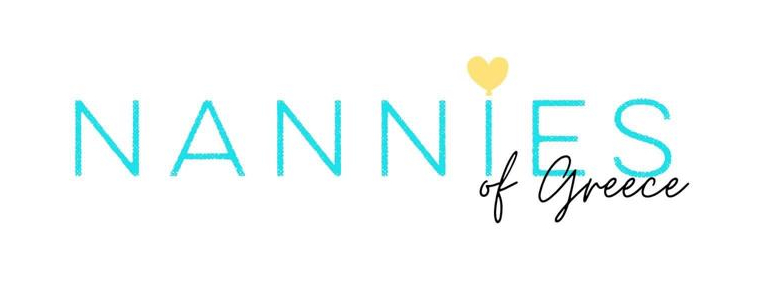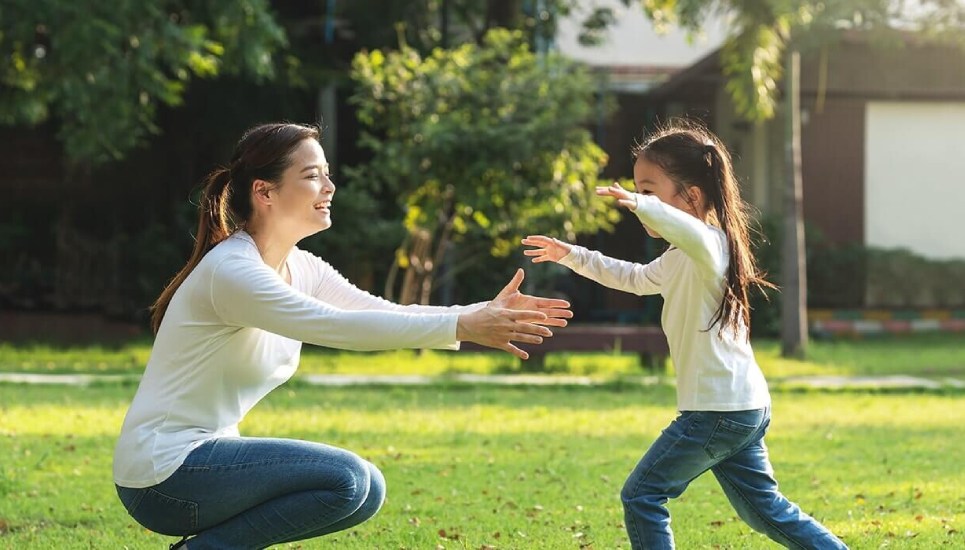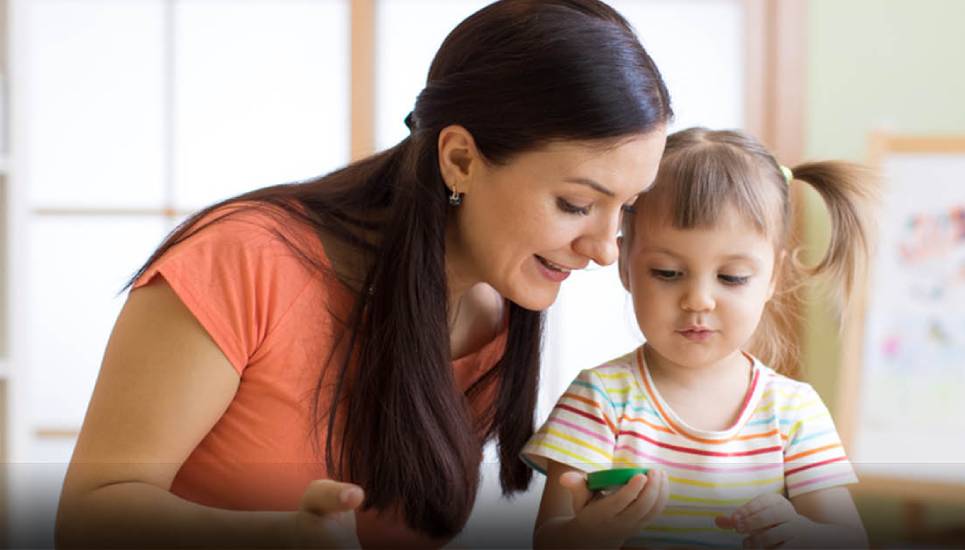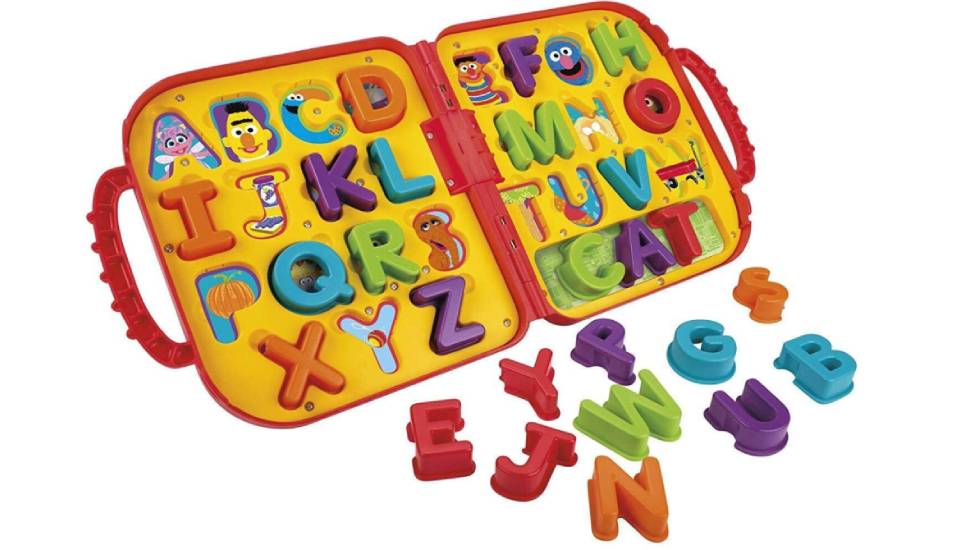
Exploring the World of Educational Toys
In the fast-paced world of today, parents are constantly seeking ways to ensure their children receive a well-rounded education while also having fun. One of the most effective ways to achieve this balance is through the use of educational toys. We will delve into the world of educational toys and explore how they contribute to meaningful playtime and enhanced learning experiences for children.
The Power of Play
Playtime is an essential component of a child’s development. It’s a time for them to explore, experiment, and learn. By incorporating educational toys into this playtime, nannies can provide an enriching environment that fosters a child’s intellectual, social, and emotional growth.
Stimulating Creativity and Imagination
Educational toys come in various forms, from building blocks to interactive science kits. These toys are designed to engage a child’s imagination, allowing them to explore and create in a structured yet open-ended manner. As children play with these toys, they often develop problem-solving skills, critical thinking, and creativity, which are crucial for their cognitive development.
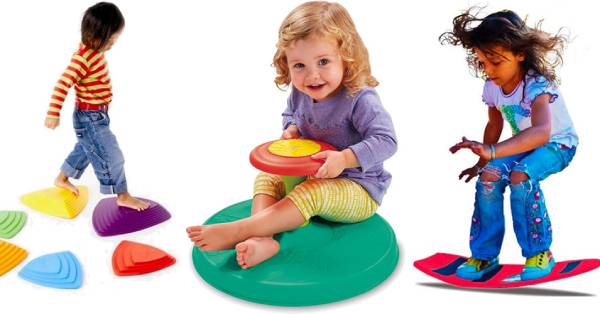
Building Strong Foundations
Many educational toys are explicitly designed to teach fundamental concepts, such as letters, numbers, and shapes. These toys serve as tools for building a solid foundation in various subjects, including language, mathematics, and science. Through hands-on exploration, children not only grasp these concepts but also develop a genuine interest in learning.
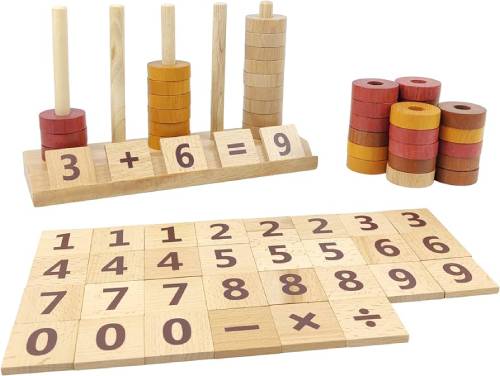
The Role of Educational Toys in Cognitive Development
Cognitive development is a key aspect of a child’s growth. Educational toys can significantly impact cognitive skills such as memory, attention, and problem-solving.
Enhancing Memory and Concentration
Puzzles, memory games, and educational apps are examples of toys that boost memory and concentration. These activities require children to remember patterns, sequences, and information, thereby enhancing their memory and attention span.
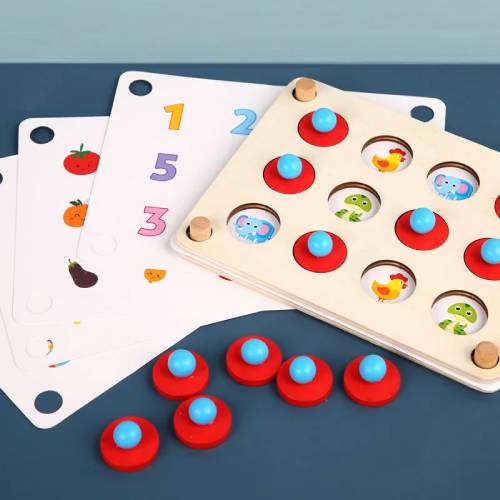
Fostering Problem-Solving Abilities
Educational toys often present challenges that require problem-solving. Whether it’s assembling a complex puzzle or conducting a science experiment, these activities encourage children to think critically and find solutions to obstacles they encounter.

Social and Emotional Growth
Educational toys also play a crucial role in fostering social and emotional development.
Encouraging Collaboration and Communication
Many educational toys are designed for group play, which promotes collaboration and communication among children. These interactions help children develop essential social skills, such as teamwork, sharing, and effective communication.

Building Self-Esteem and Confidence
Successfully completing tasks and solving problems with educational toys can boost a child’s self-esteem and confidence. These positive experiences encourage them to tackle new challenges with enthusiasm.
How to Choose the Right Educational Toys
Selecting the right educational toys for a child is a critical step in ensuring meaningful playtime and effective learning experiences. Here are some tips to help you make the right choices.
Age-Appropriate Selection
Consider a child’s age and developmental stage when choosing educational toys. Ensure that the toys are suitable for their current abilities and challenges them just enough to promote growth.
Educational Goals
Identify your educational goals. Do you want to enhance language skills, math proficiency, or scientific curiosity? Select toys that align with your objectives to maximize their benefits.
Best toys for 0-4 month old
Infants can experience significant advantages from sensory toys featuring textures, sounds, and vibrant contrasting colors. Toys introduced during their initial months should support the development of their motor skills, sensory perception, and emotional well-being.
Babies aged between 0 and 4 months will enjoy pleasure from toys designed to enhance their grasp and encourage cognitive, auditory, linguistic, and social growth. These toys should also incorporate activities that facilitate tummy time, which strengthens their arms and legs.
Toys such as:
- Rattles
- Mirrors
- Musical Mobiles
- Tripod Gyms with Dangling Toys
- Books with Animal Drawing
- Colorful Play Mats
Best Toys for 4-6 Months old
At this age, babies have already mastered the skill of keeping their hands open. They are now beginning to explore reaching for and grasping objects, often bringing these objects to their mouths for teething.
When selecting toys, caregivers should keep in mind that they should be of a size that prevents them from fitting completely into the child’s mouth. These toys should also encourage grasping and manipulation while being suitable for teething.
Toys such as:
- Textured or chilled teethers
- Soft squeeze toys
- Peek-a-boo toys
Best Toys for 6-9 Months
At this point, infants should have the ability to sit and handle objects using their hands. It’s important to prioritize toys that promote the development of both fine and gross motor skills. Caregivers should also seek out toys that motivate children to crawl or creep.
Toys such as:
- Baby blocks
- Toys that roll and make sounds
- Peek-a-boo toys
- Busy box
Best Toys for 9-12 Months old
At this stage, infants have acquired the capability to sit up and independently pull themselves to a standing position. Push toys can aid in the enhancement of their gross motor skills, tactile coordination, and crawling abilities. Additionally, textured toys can offer a soothing body massage for children.
Toys such as:
- Textured Sensory Balls
- Toys with items that can be put into containers
- Pat-a-cake
- Peek-a-boo toys
- Books that have a hide-and-seek effect
Safety and Quality
Always prioritise safety and quality. Look for educational toys that meet safety standards and are built to withstand the rigours of play.
Educational toys are powerful tools that can transform playtime into a meaningful learning experience for children. By stimulating creativity, enhancing cognitive skills, and promoting social and emotional development, these toys contribute to a child’s overall growth.
When selecting educational toys, keep in mind your child’s age, educational goals, and the importance of safety and quality. With the right choices, you can provide your child with the best opportunities for learning, growth, and a brighter future.
FAQS
What toys help kids learn?
All types of toys help kids learn, especially puzzel boards, nesting cups, playing with blocks and even musical instruments.
Do toys help kids with their development?
Toys with different textures, shapes, and colors stimulate the senses, aiding in brain development and baby’s environmental awareness.
What kind of toys encourage kids to speak?
Toy cars, trucks or trains help in developing language for a child. When a nanny or parent plays with a child and makes the noise of the toy, this will then allow the child to copy the sounds being made. The aim is to have the child immitate you.
